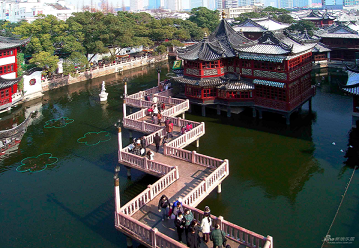Speaker
Description
The High Granularity Calorimeter (HGCAL) is the technology choice of the CMS collaboration for the endcap calorimetry upgrade planned to cope with the harsh radiation and unprecedented in-time event pileup projected at the High Luminosity-LHC era. In this context, profiting from fast-timing information (~tens of picoseconds) embedded in the calorimeter would represent a unique capability for resolving information from individual collisions at the HL-LHC. This will enhance the reconstruction and physics capabilities of the CMS detector in terms of pileup mitigation and particle identification. The HGCAL is realized as a 52-layer sampling calorimeter, including 600m^2 of silicon sensors and 500m^2 of scintillators read by SiPMs. We present the concept and expected use of the precision-timing in the HGCAL, along with results from beam-tests of silicon sensors - both unirradiated and irradiated. We show that for signals in the silicon above a few tens of MIPs (minimum ionizing particles) the precision is of the order of 20ps.
Summary
poster presentation on behalf of CMS.




